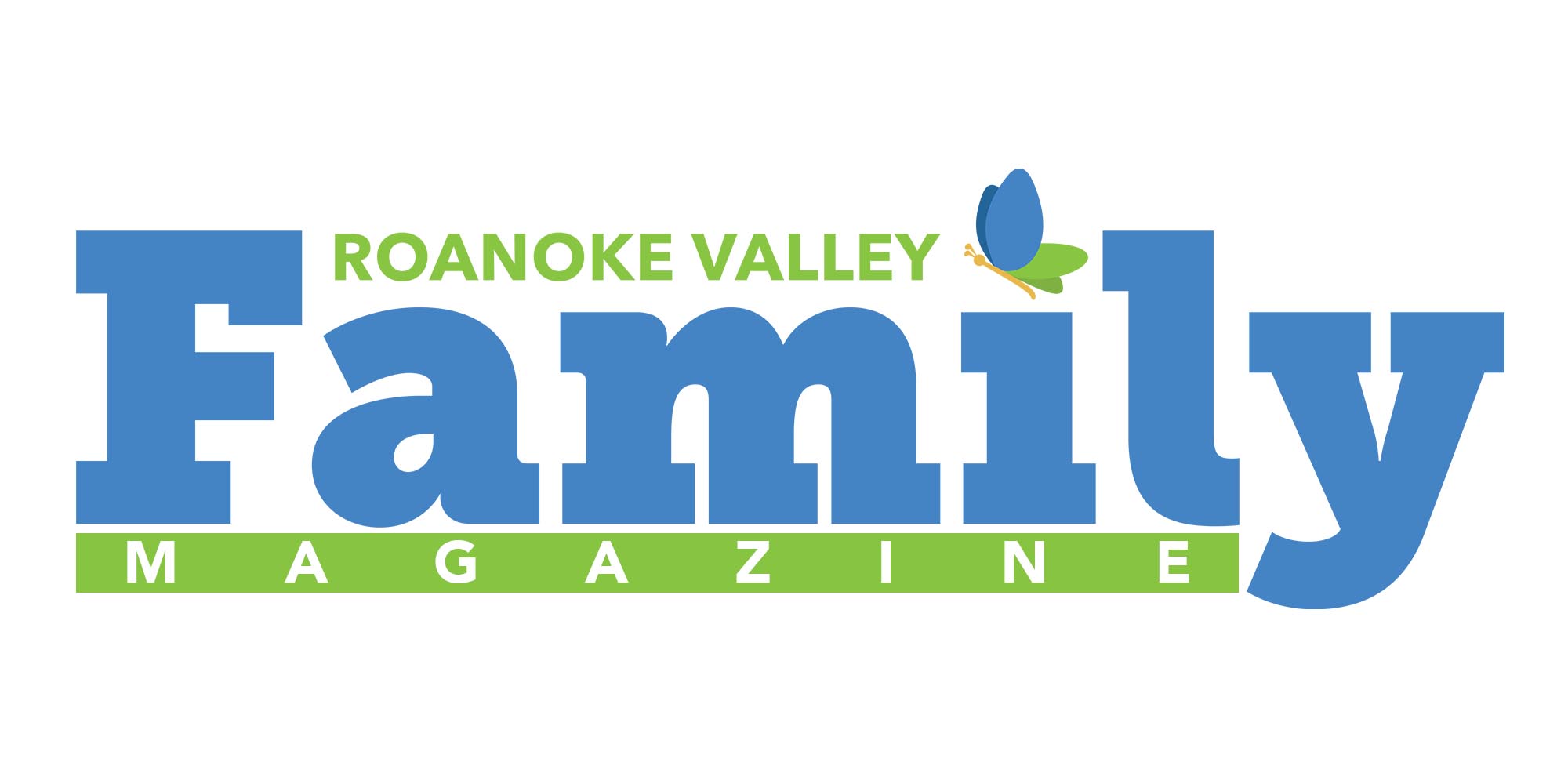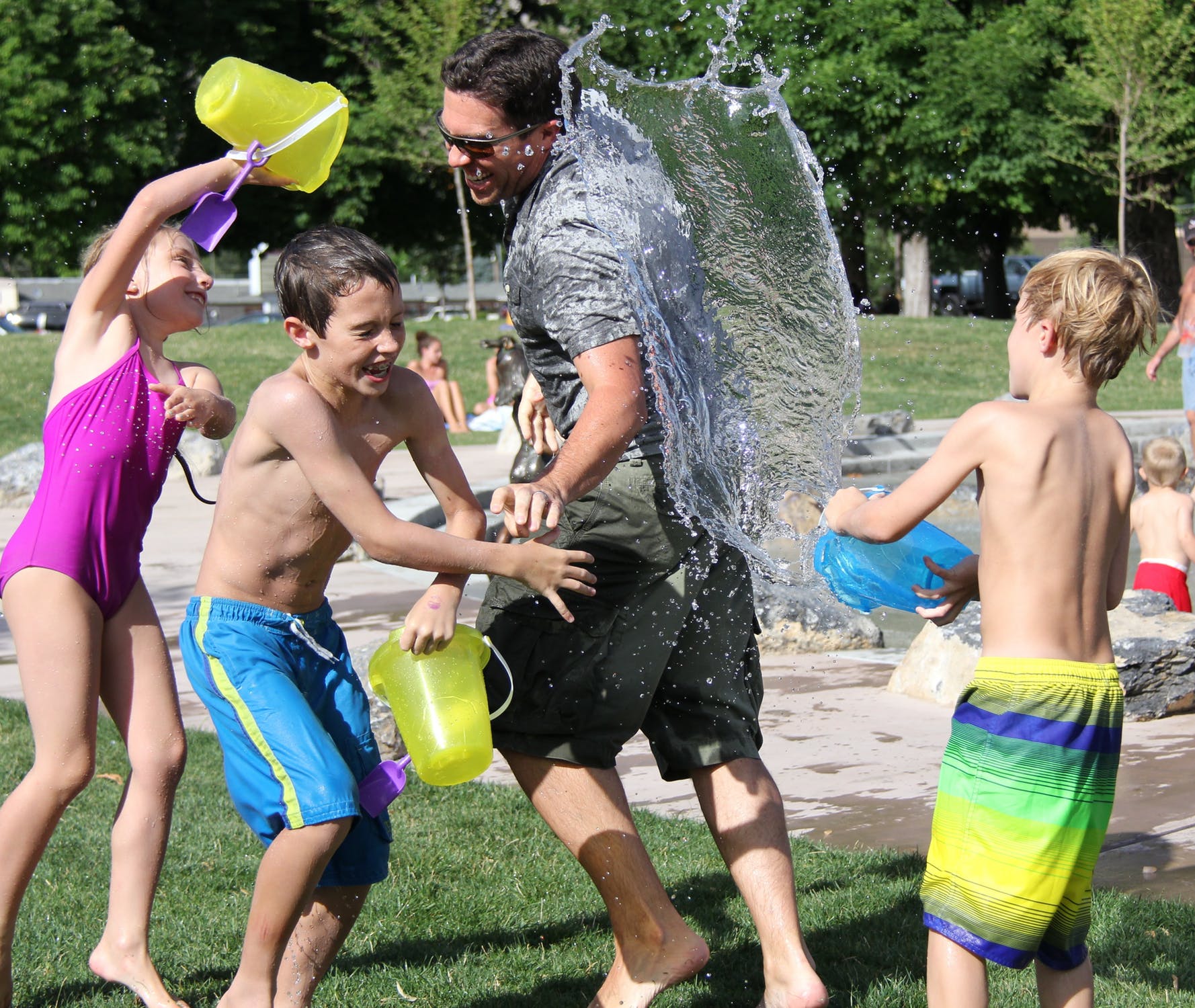Choosing the Right Camp
By: Rachel Robinson
Many adults remember their very first summer camp experience as a fun-filled adventure, packed with new discoveries, laughter, and friendships. Fun summer memories often include seasons full of swimming, star gazing and s’mores. A worthwhile summer at camp can truly foster individual growth and lifelong memories. Perhaps some parents may not have had such a fond first experience. We laugh at the old “Hello Muddah, Hello Faddah” camp song in which a less-than-thrilled camper dispels the events of his not-so-great first day at a boys’ sleepaway camp as he writes a letter to his parents. Perhaps the song rings true because so many of us can relate to the “Camp Grenada” experience. Whether parents’ memories are fond or frightful, it’s easy to see why choosing the right camp is an important decision.
The Search
Choosing a summer camp should be a family decision. It’s a good idea to begin a dialogue early so that parents of potential campers have enough time to research and register. Spots at sought-after camps often fill up quickly, especially because they attract regular attenders. There are several helpful websites that can refine searches based on your unique preferences. Camps.com is a popular resource for families who want to choose from a plethora of camps and then narrow down their search.
Searching can be a daunting task, since there are numerous camps to choose from. Many parents learn about camps from other families whose children have previously attended. This can be a good way to develop some familiarity, and having a friend at camp can ease anxiety for new campers. Still, summer can be a great time to develop unique personal interests, make new friends, and gain some independence. When children are provided the opportunity to make new friends and socialize on their own, they leave the summer with more self-confidence and a greater sense of identity.
Since every child is different, it’s necessary to discuss your child’s unique expectations for camp and to pinpoint what kind of experience you and your child would like to have. These dialogues are a good time to explore special interests and hobbies. Perhaps your child is interested in art or nature, or maybe this summer he’s looking to improve his basketball skills. Various camps focus on specific interests while others are more of a mixed bag of outdoor activities or crafts. Before the search begins, parents can also share their own expectations, for example, a desire to have their child explore the world of acting or maybe to simply see him unplug from video games to take a wilderness adventure. This is a good time to discuss whether the camp will be co-ed or gender specific.
Day Camp vs. Overnight Camp
Camp directors suggest considering several factors when choosing the type of program their children will attend. The simplest distinction between summer camps is whether they are day or overnight camps. Overnight camps offer kids the opportunity to stay for extended periods of time, often four or six week sessions. Depending on a child’s social development and overall comfort level with new surroundings, it’s important to determine whether or not he may be ready for a sleepaway camp. Daycamps help familiarize children with camp structure and can prepare them for a future overnight camp setting as they learn to take part in activities and interact independently from parents, but can still return to familiarity at the end of the day.
Camp on a Budget
Whether parents are looking for a sleepaway camp further away from home or a daycamp program setting, the Roanoke and surrounding areas provide some great options. Camp can be expensive, and most families can’t ignore some financial input on choosing a camp. Still, even on a budget, parents can give their children a fun, creative, and active summer experience. YMCA, local Parks & Recreation departments, and other non-profit organizations often charge lower fees for summer daycamp programming. Some even offer scholarships to residents who qualify.
Academic Camps
Don’t count camp out simply because your child may be struggling academically. Camp can be just as educational as school, while children are able to learn as they interact with their environment. This tactile learning better serves children who may have difficulty focusing while sitting at a desk. Academic-centered camps also provide a venue for students to get ahead through further enrichment. Summer can all too easily become a time when children’s learning plateaus. For many kids, summer consists of lazy days of watching television and sleeping in until late morning. While relaxation has its place, it’s important for children and teens to continue with proper stimulation and active lifestyles. The educational camp experience takes children out of the classroom and allows them to apply knowledge they’ve gained during the school year. Academic camps focus on a wide range of specific interests, from technology to geology and environmental studies. Most importantly, camp environments promote strong character, teamwork and positive values, which help children to develop not only intellectually, but also physically and emotionally.
Special Needs
Several camps across the country are designed specifically for kids with special needs, and many camps will accommodate these unique children. Whether the needs are nutritional, physical or emotional-specific, special needs camps create nurturing and therapeutic environments. Most will ensure a lower camper-to-counselor ratio, and provide specially-trained staff. Need-specific programs are developed to help children experience a fun-filled summer while ensuring children are safe and cared for. Camp Directors are tasked with providing high quality programs and will welcome questions or concerns.
Wilderness/Adventure Camps
For the daring and outdoorsy campers, options that offer activities like rock climbing, hiking, kayaking or mountain biking may be the adrenaline rush to explore. The Wilderness Adventure at Eagle Landing offers the Summer Youth Program, which consists of 1-2 week backpacking trips through the Blue Ridge Mountains. This hike boasts that campers get to “play under beautiful waterfalls, mountain bike established trails, rock climb natural rock, scream down natural water slides…camp on islands and surf white water waves.” These sorts of outdoor experiences often involve learning survival skills and partaking in fun team-building activities as well.
Art Camps
For the creative and imaginative brains, art camps may be the way to go. Sure, most traditional summer camps offer arts and crafts to some degree. Still, art-focused camps specialize in helping kids express creativity and indulge in multiple artistic outlets. Programs are offered in dance, singing, acting, creative writing, painting, or ceramics. As with other interest-specific camps, these programs usually require the purchase of some supplies-something to ask about when searching.
Faith-Based Camps
Faith-specific camps offer many of the same programs as other summer camps, but also focus on religious study through preaching, music or small-group interaction. Some include service projects and are held through church organizations or other non-profit faith-based organizations. Parents choose these camps so that children can grow spiritually and fellowship with children and staff of shared faith. When choosing a camp, it’s important to check the camp’s mission statement, values, or guiding principles to ensure that the camp’s teachings line up with the family’s beliefs.
Sports Camps
Whether a child is interested in picking up some new skills or looking to prep for next season, sports camps can be a great way to get a leg up on the competition. When considering a sports camp, parents want to assess the expected skill level and type of coaching or instruction. Beginner soccer players who are interested in learning the basics may cringe at an intensely-competitive soccer camp. By the same token, a seasoned veteran from a championship team may need more challenge than an all-around introductory sports camp. More advanced athletes will benefit from trained coaches who are skilled in teaching technique. Parents may consider talking with the child’s current coach for recommendations.
Some of the best advice to ensure parents will make the right summer camp choice is to start the search early, identify the child’s needs and expectations for the experience, talk with your child and other parents, and don’t be afraid to ask questions! Careful searching and locating the right camp for your child can mean a meaningful summer, full of memories to last a lifetime.





